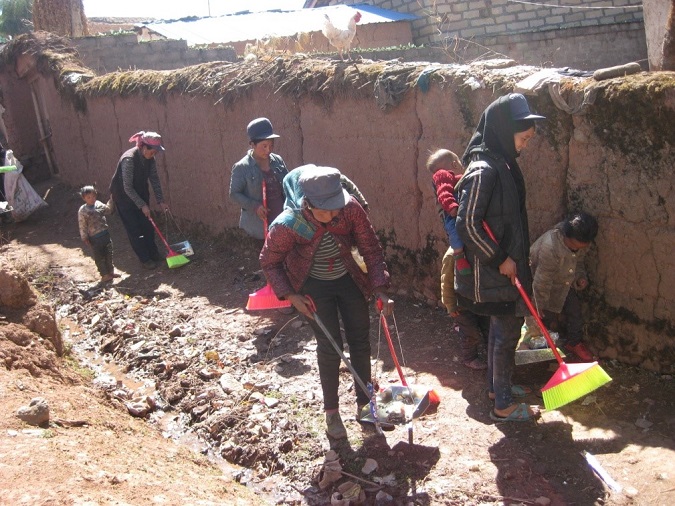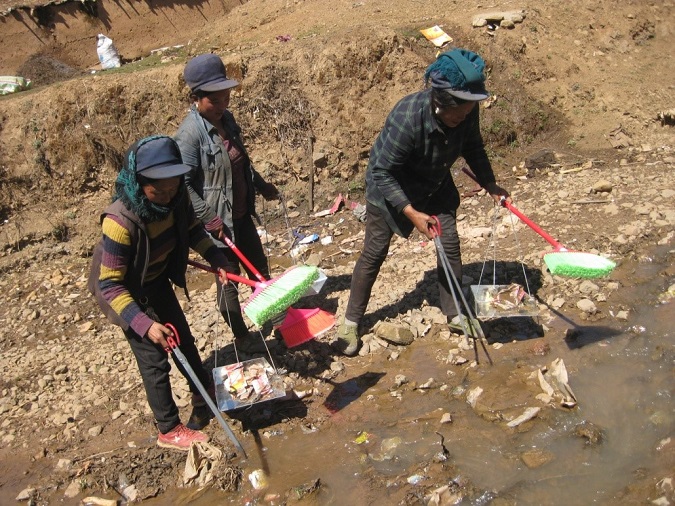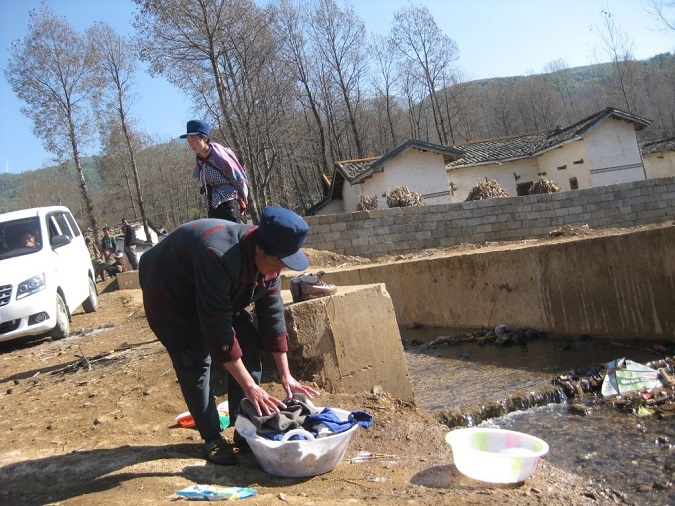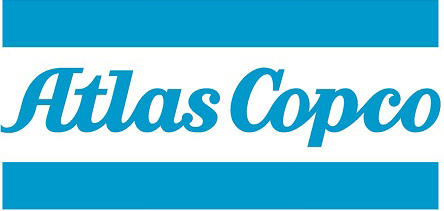Home \ Project News \ Huolie Community Displays Their Love and Care for the Environment
Bori Village, Huolie is located in the southeastern part of Butuo County, near the township government. It is composed of 4 natural villages with a population of 1,465 people. Its main food crops are buckwheat, oats and potatoes. It is located on the cold highland area, averaging over 2,500 meters above sea level.
Raising the community’s awareness in health, hygiene and sanitation was one of the main objectives of Community Development (CD) project Huolie, therefore the project team worked hard to bring such awareness to the villagers. The project team carried out several trainings in issues such as personal health, environmental health, hygiene and sanitation where the community was educated on the importance of eating healthy and nutritious food, personal cleanliness, washing clothes, cleaning the house, using clean water and environmental protection.

It is important to bring awareness to the community about hygiene and sanitation to curb the spread of diseases
The project worked hard on improving the community’s health, hygiene and sanitation awareness through trainings and practical actions
The project staff regularly organized health and hygiene activities and trainings for the villagers with the help of the village committees. After several theoretical trainings the project organized a practical action where the community was involved in cleaning the surrounding. The project purchased cleaning material such as brooms, shovels, garbage pans, garbage bags and fire tongs to be used during the action. The action involved cleaning the public roads and picking all the rubbish lying around, cleaning 2 public toilets and removing animal waste along the river banks and in the river. 45 villagers participated in the action. After they finished cleaning, all the people present received cleaning materials to take with them.
The villagers managed to clean the rubbish which was on the river bank as well as in the water
The action left the village much more clean than before. The villagers were also very proud of the work. They expressed their happiness in seeing the place so clean. The project staff encouraged them to maintain this standard of cleanliness and that they should continue to work together and to carry out such actions.
The voluntary participation of the villagers in the cleaning action also shows that the community’s knowledge and understanding on the importance of health and hygiene has improved. The action proved that practical actions should also be involved when training the community because in this way they “learn by doing”.
Animal waste and papers were found in the river and some villagers learnt not to use the water for household chores
Project introduction:
In 2016, Atlas Copco funded Humana People to People through China Charities Aid Foundation for Children, to implement a Community Development project in Butuo County. The CD Huolie (Community Development) program intends to address water, health, hygiene and sanitation problems within the community. The program is focused on building the capacity and health knowledge of the community. The program will also focus on improving nutrition knowledge within the families.